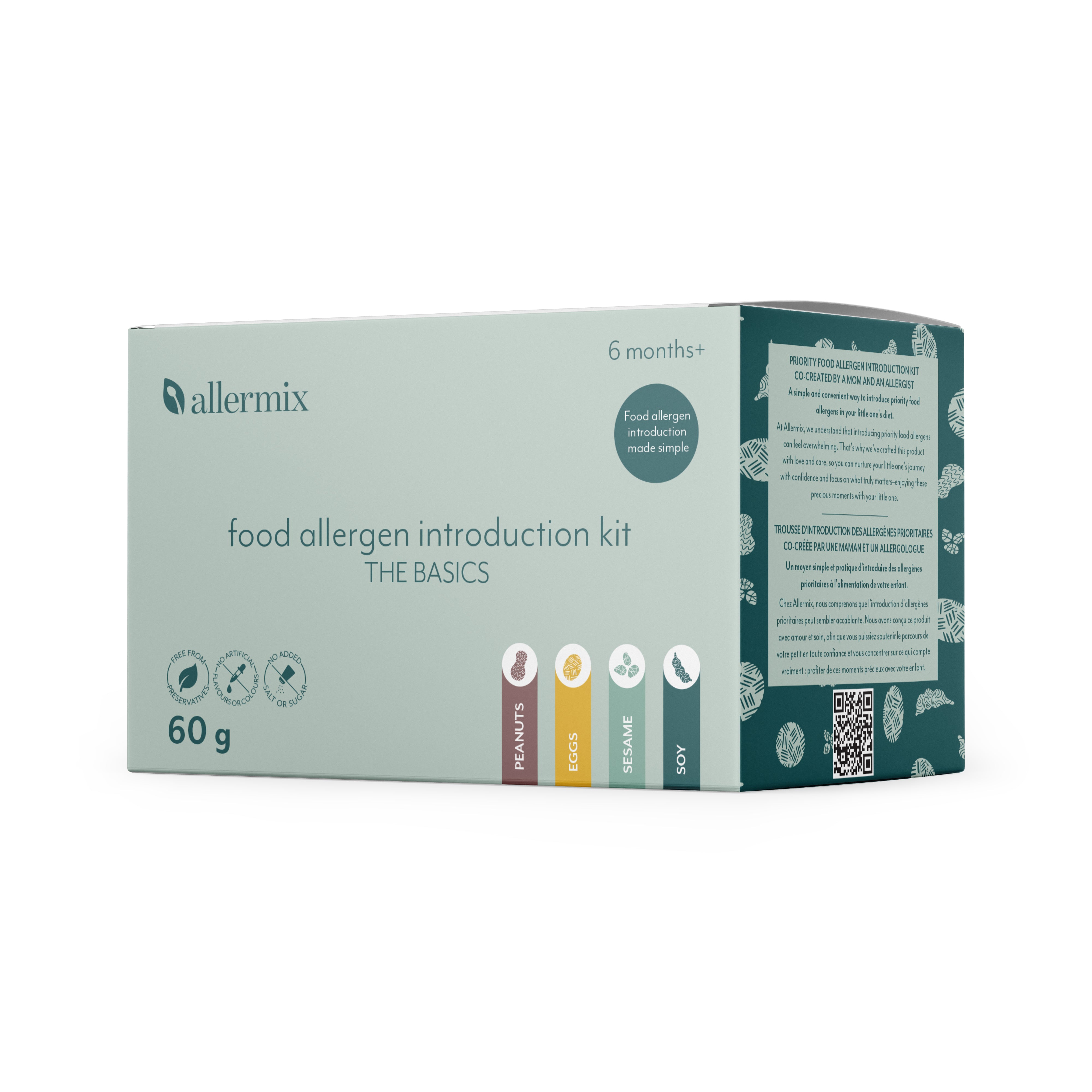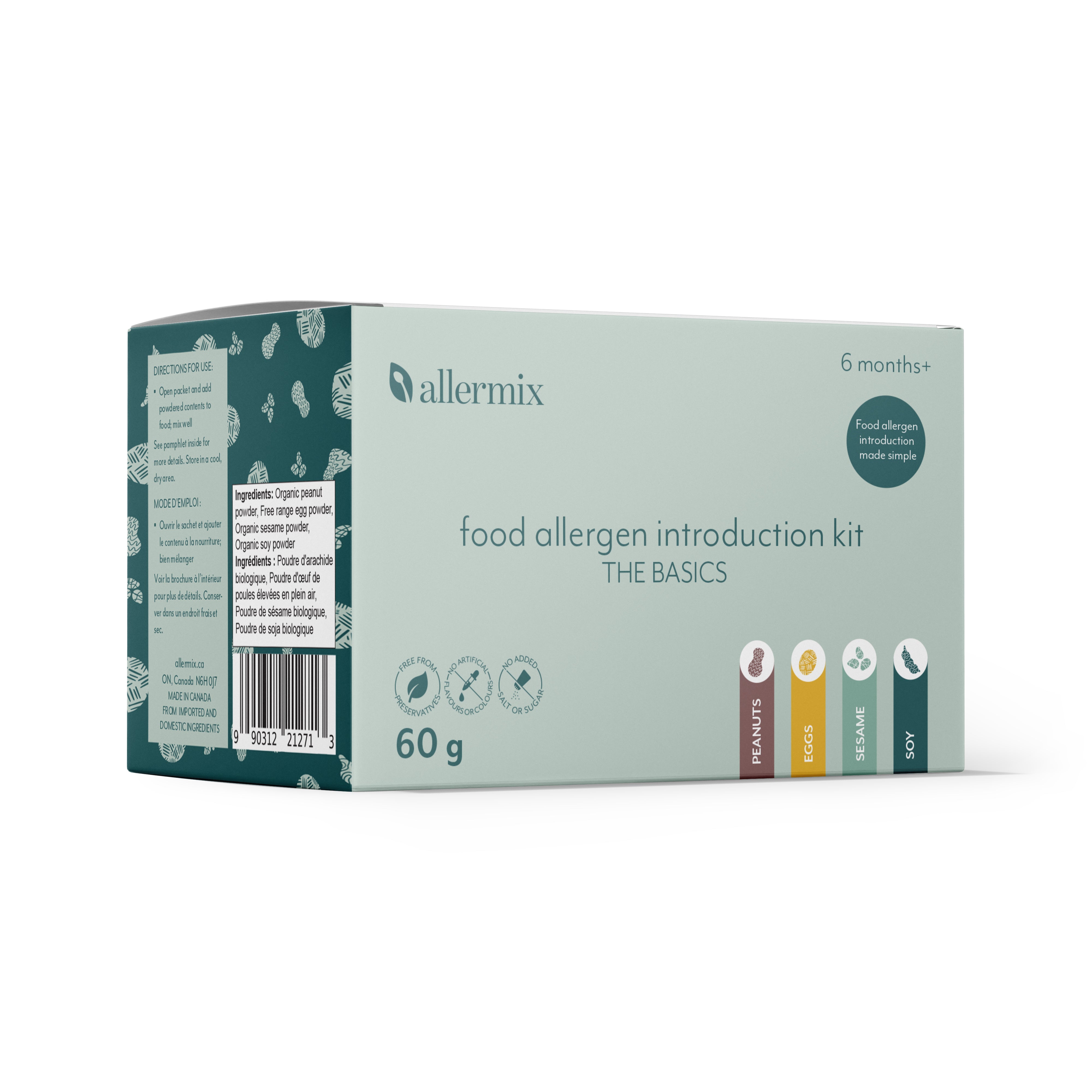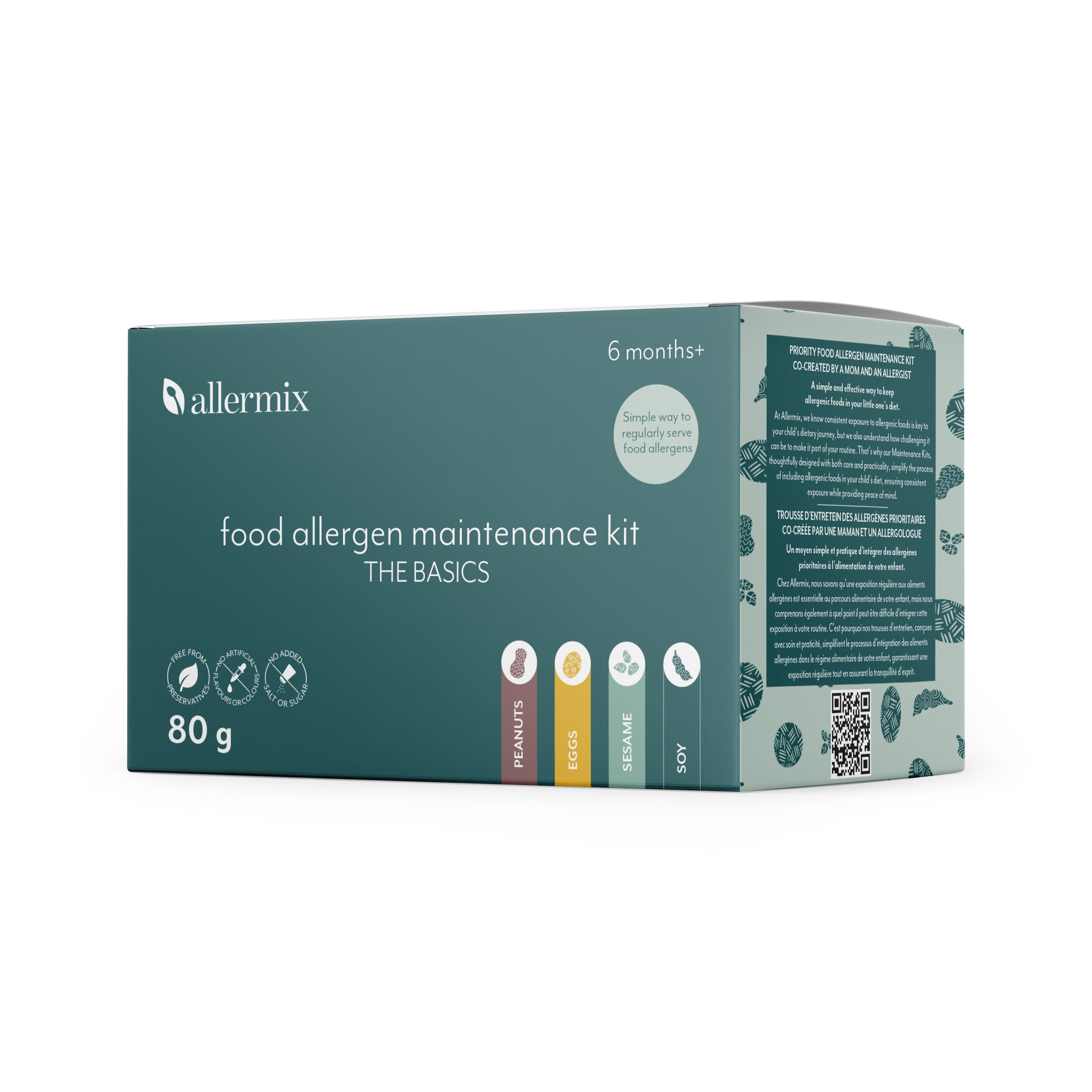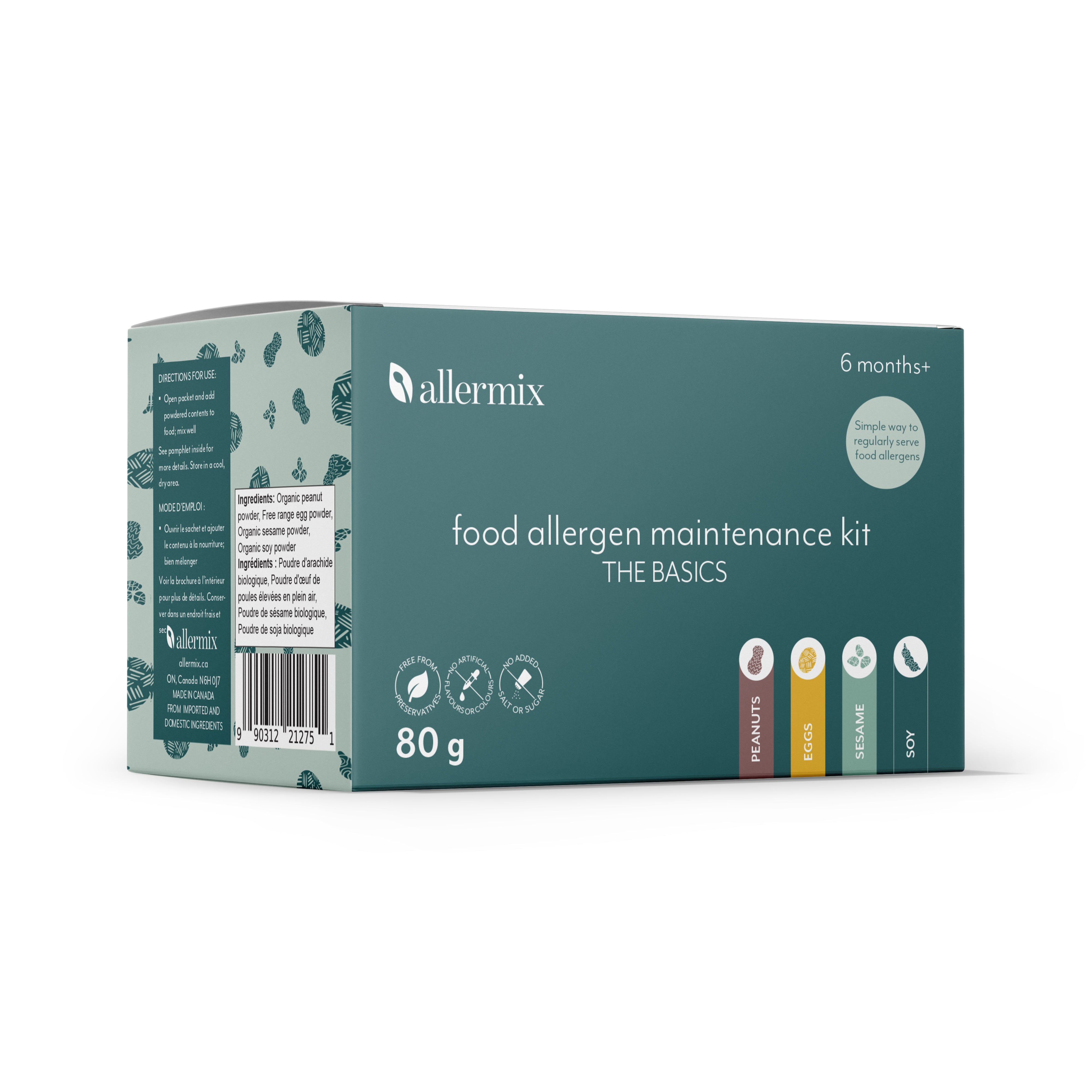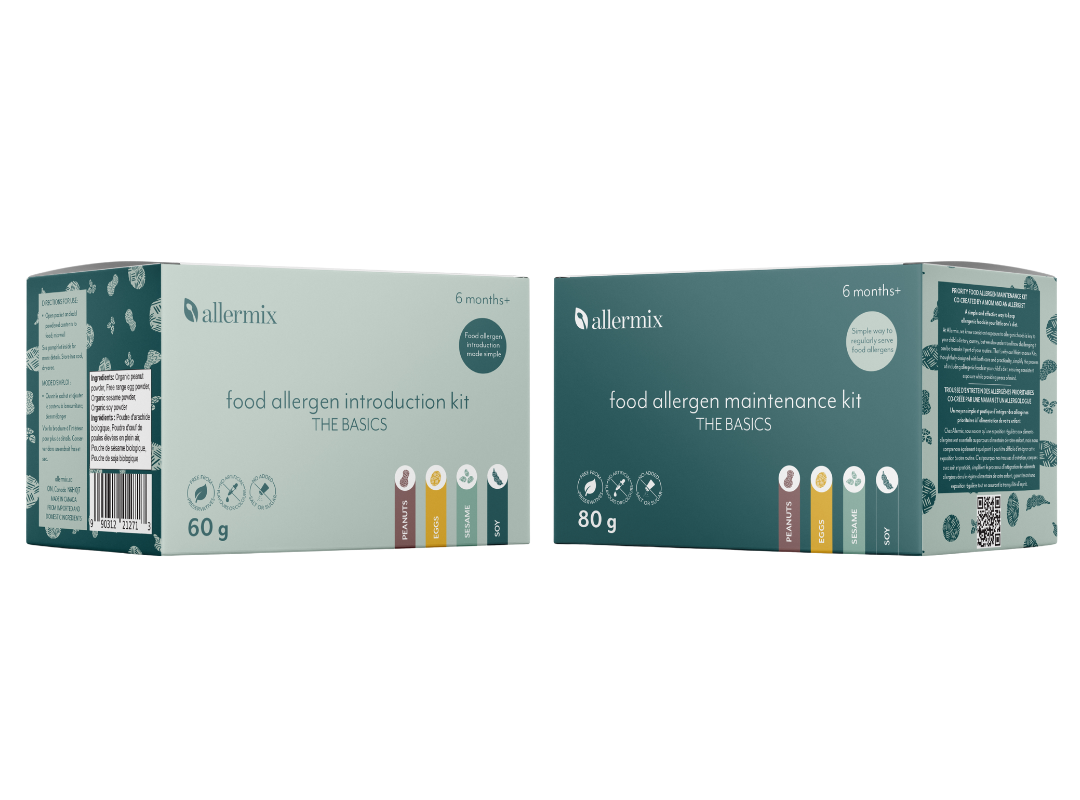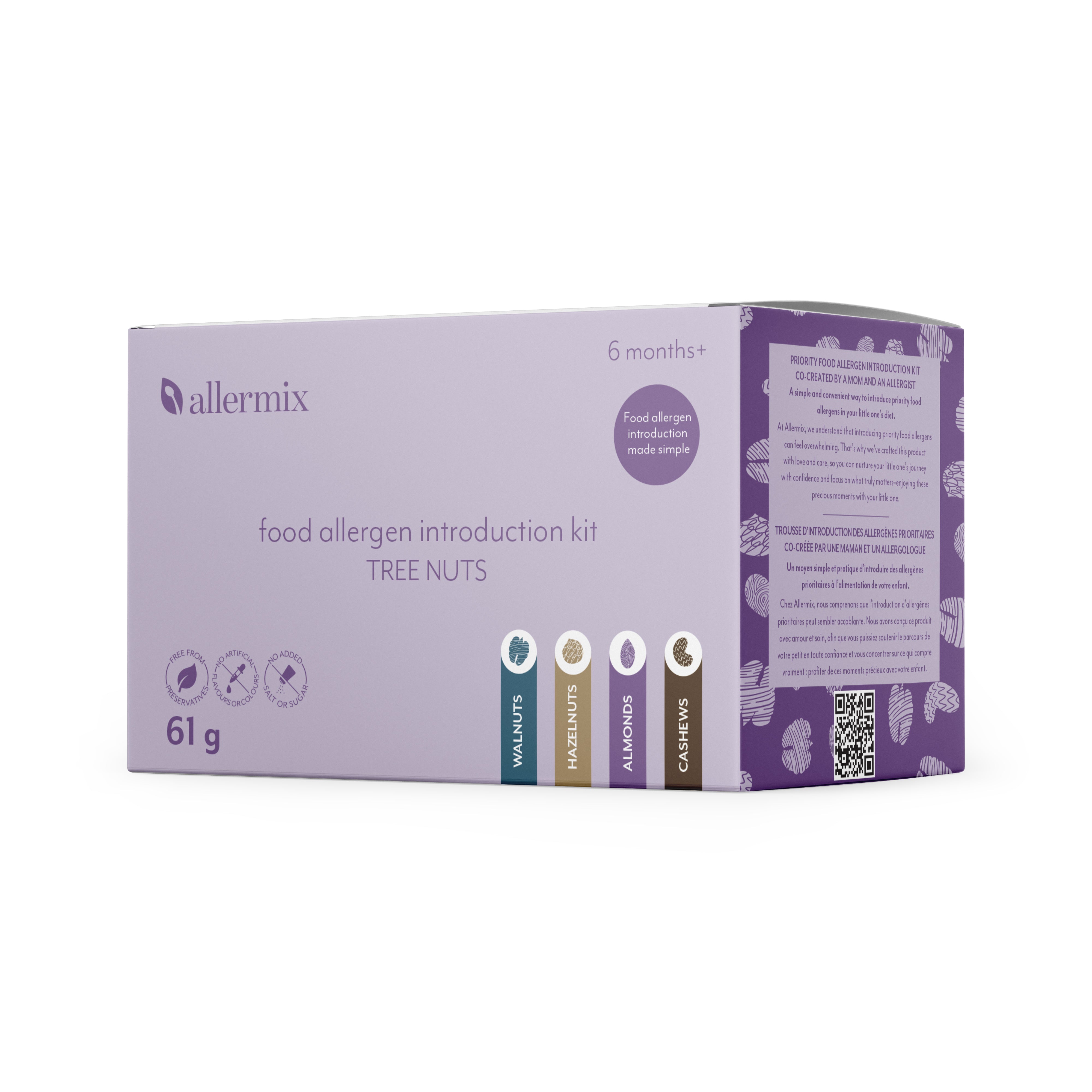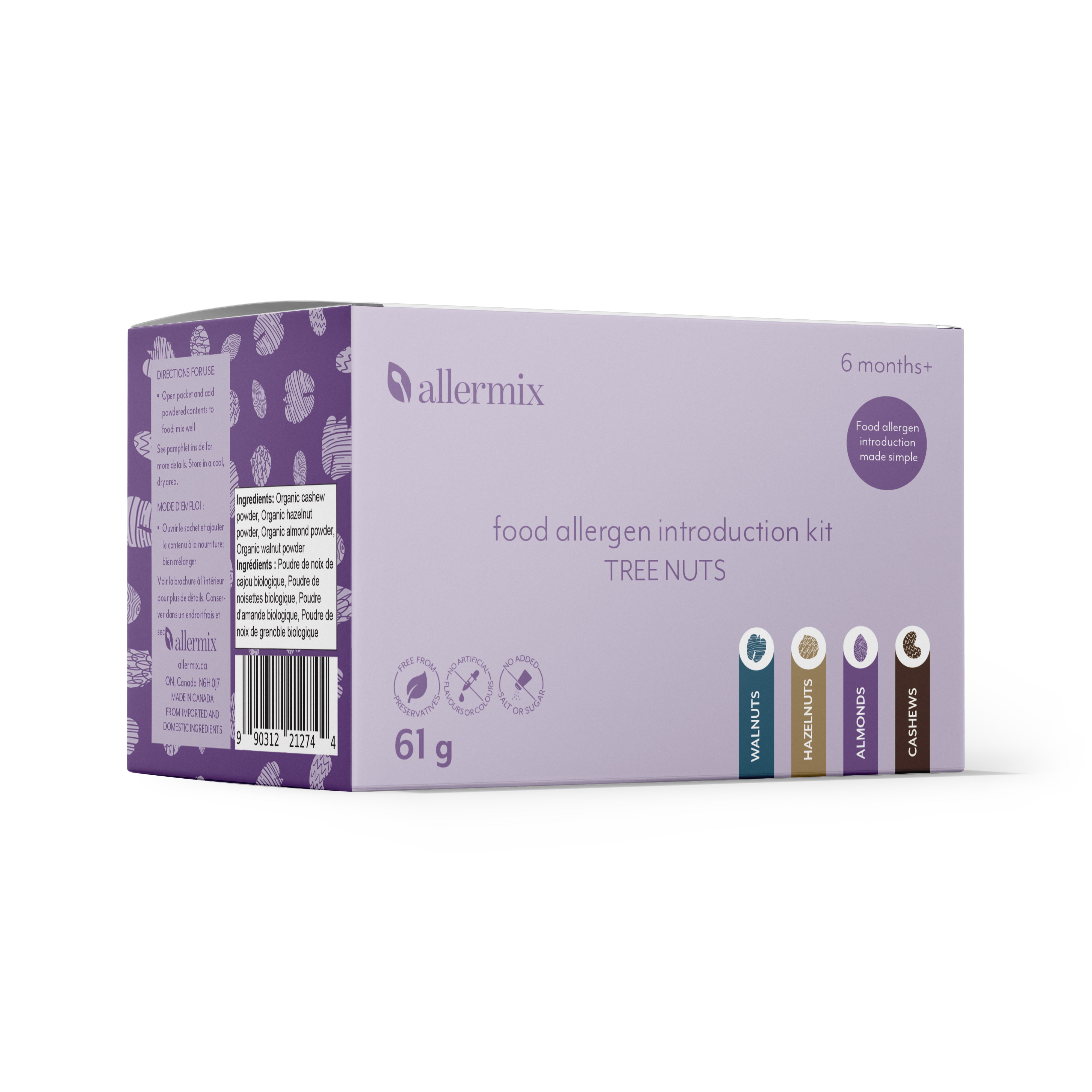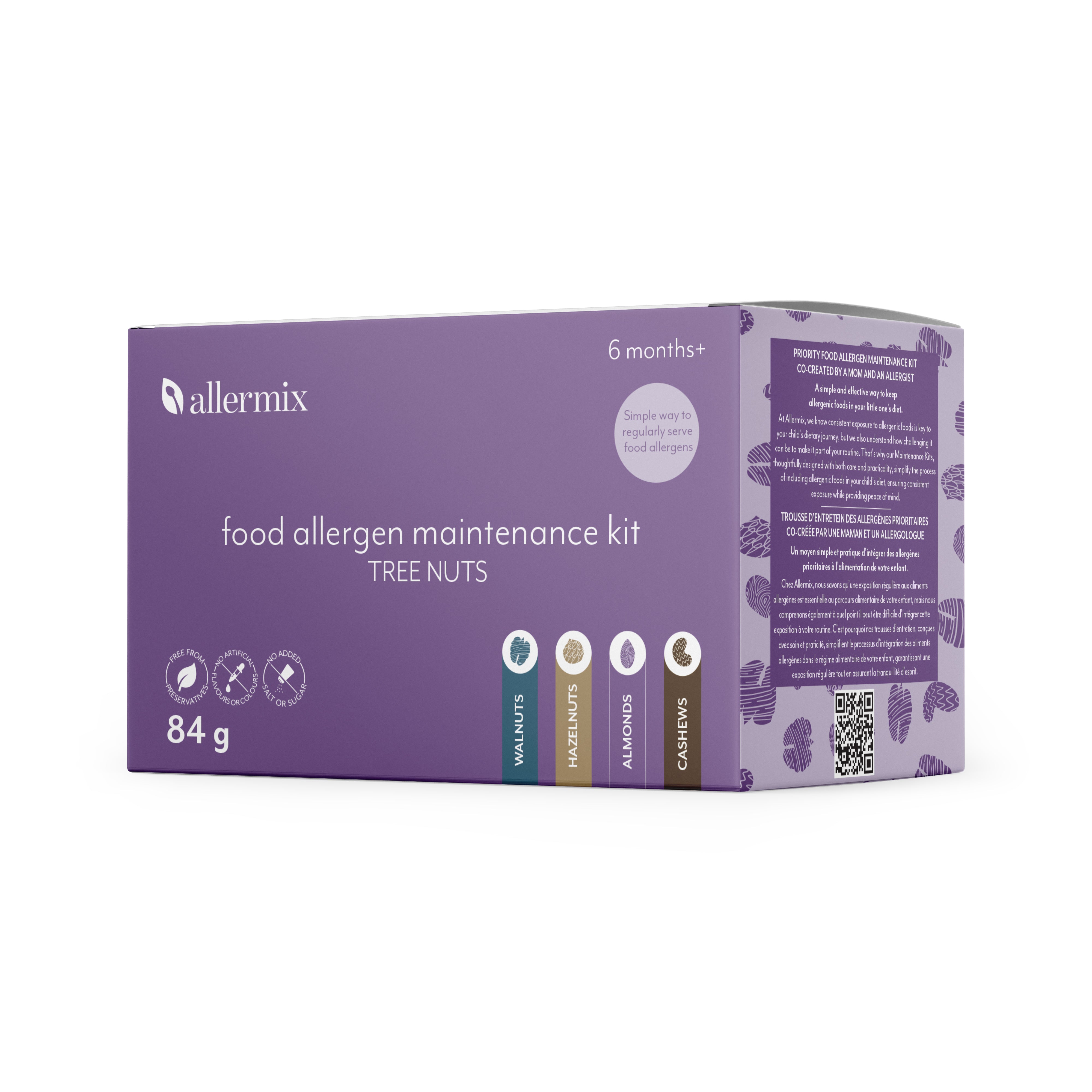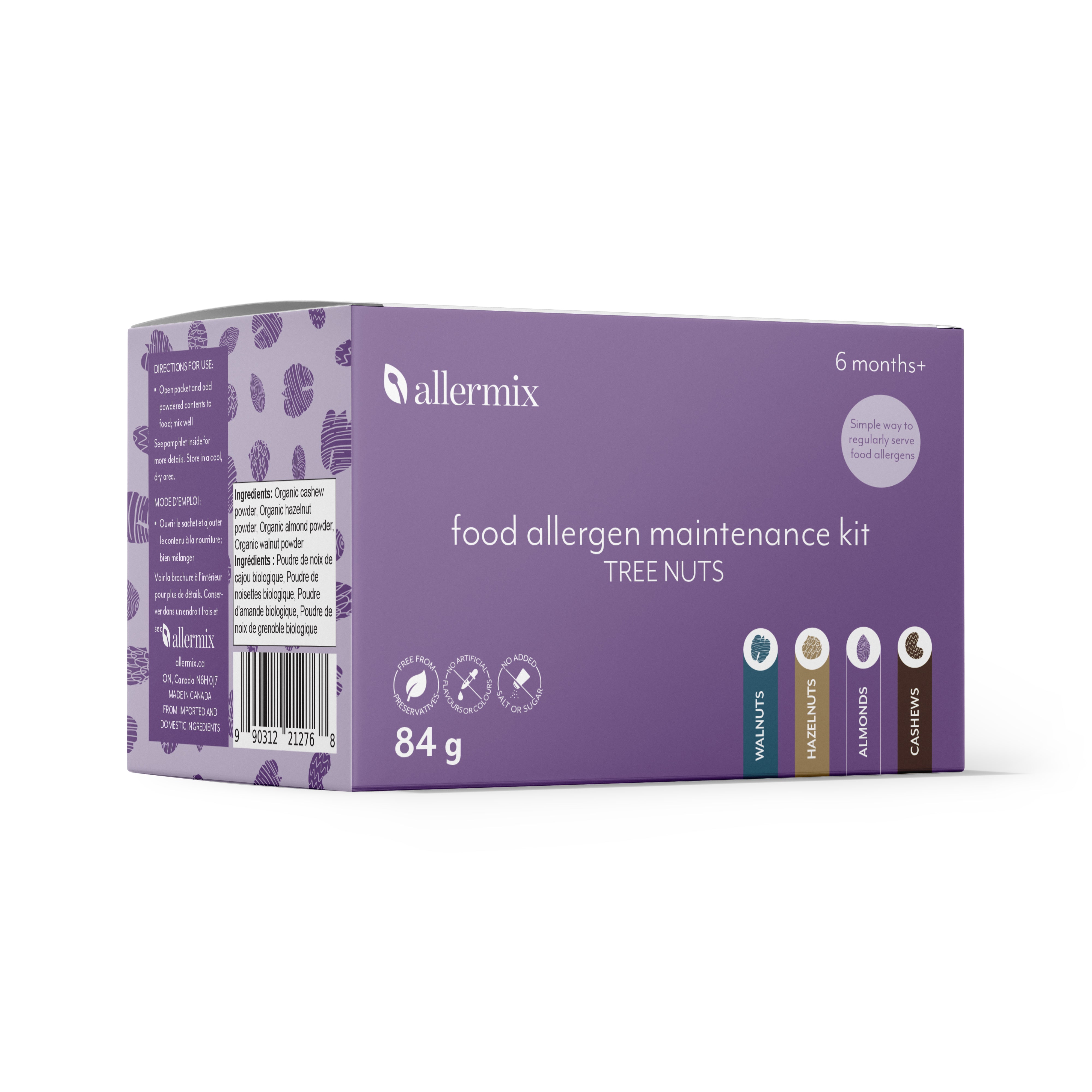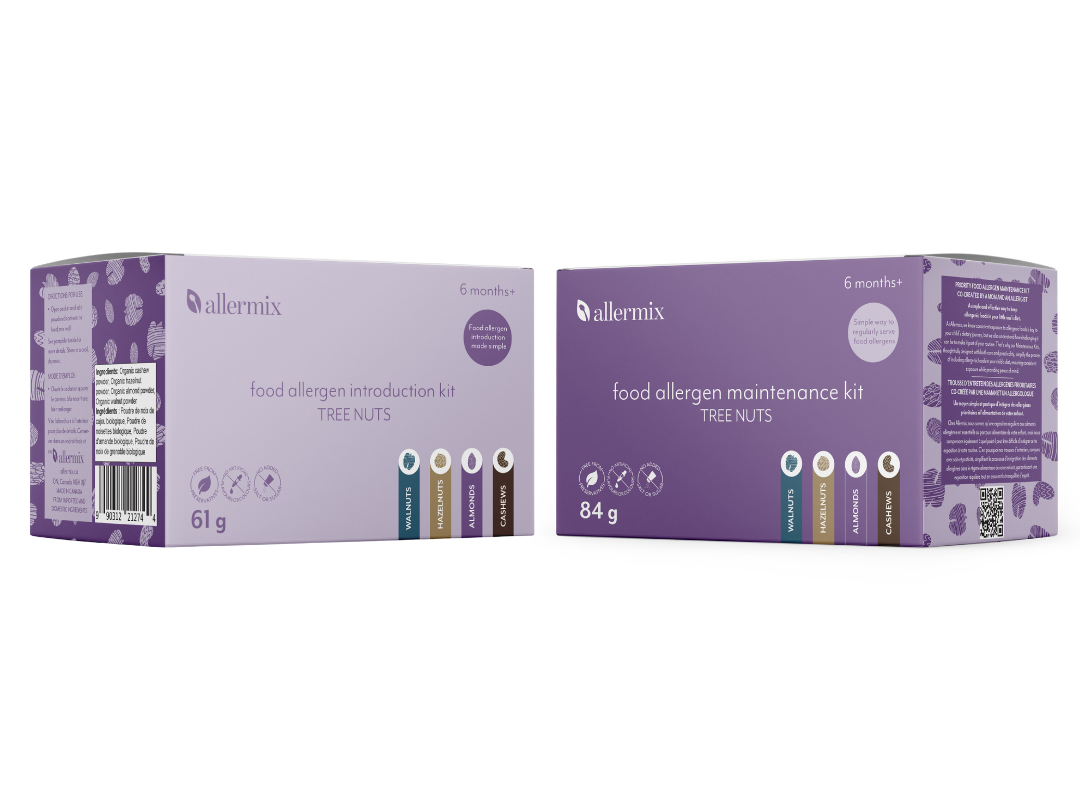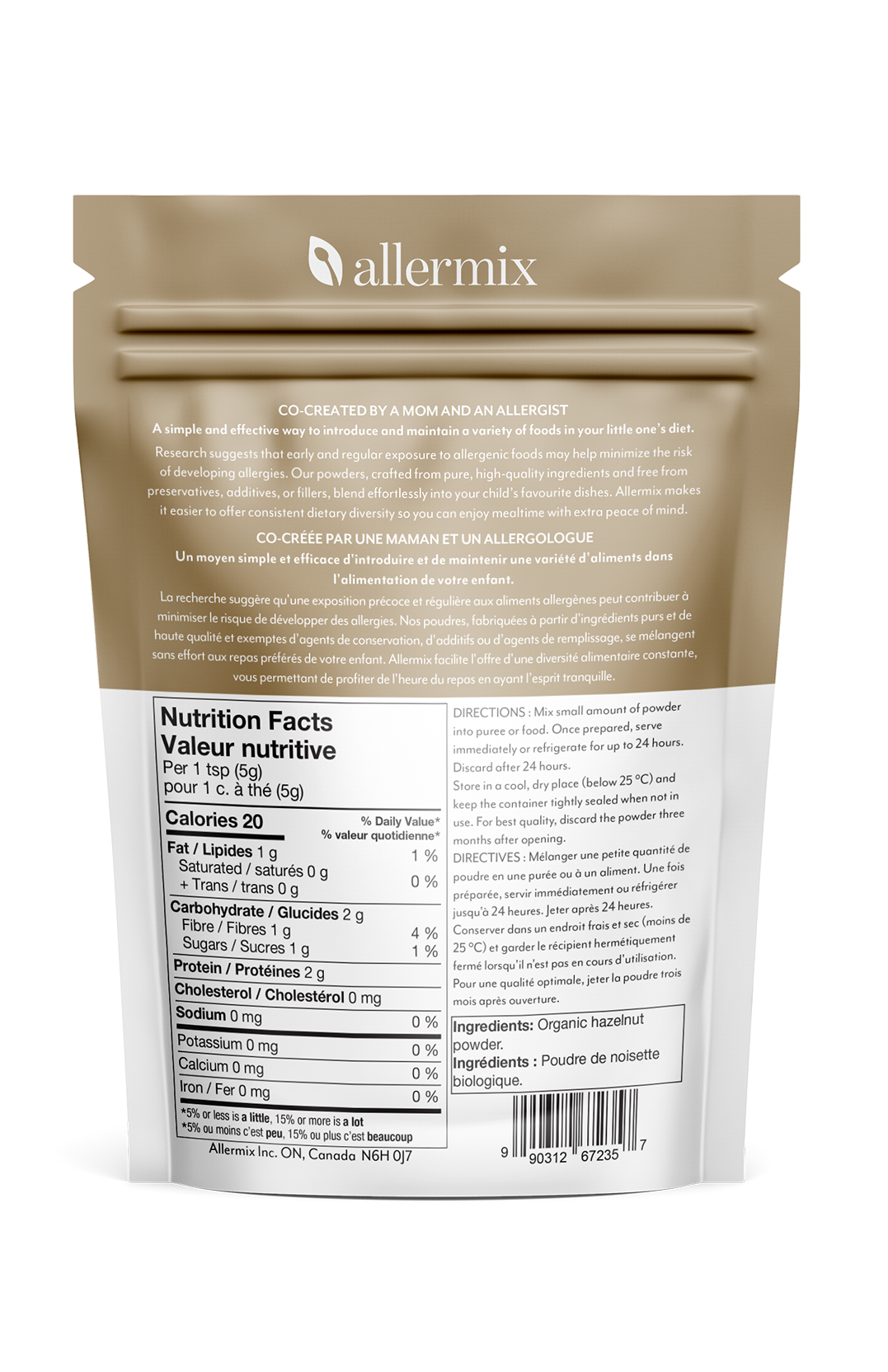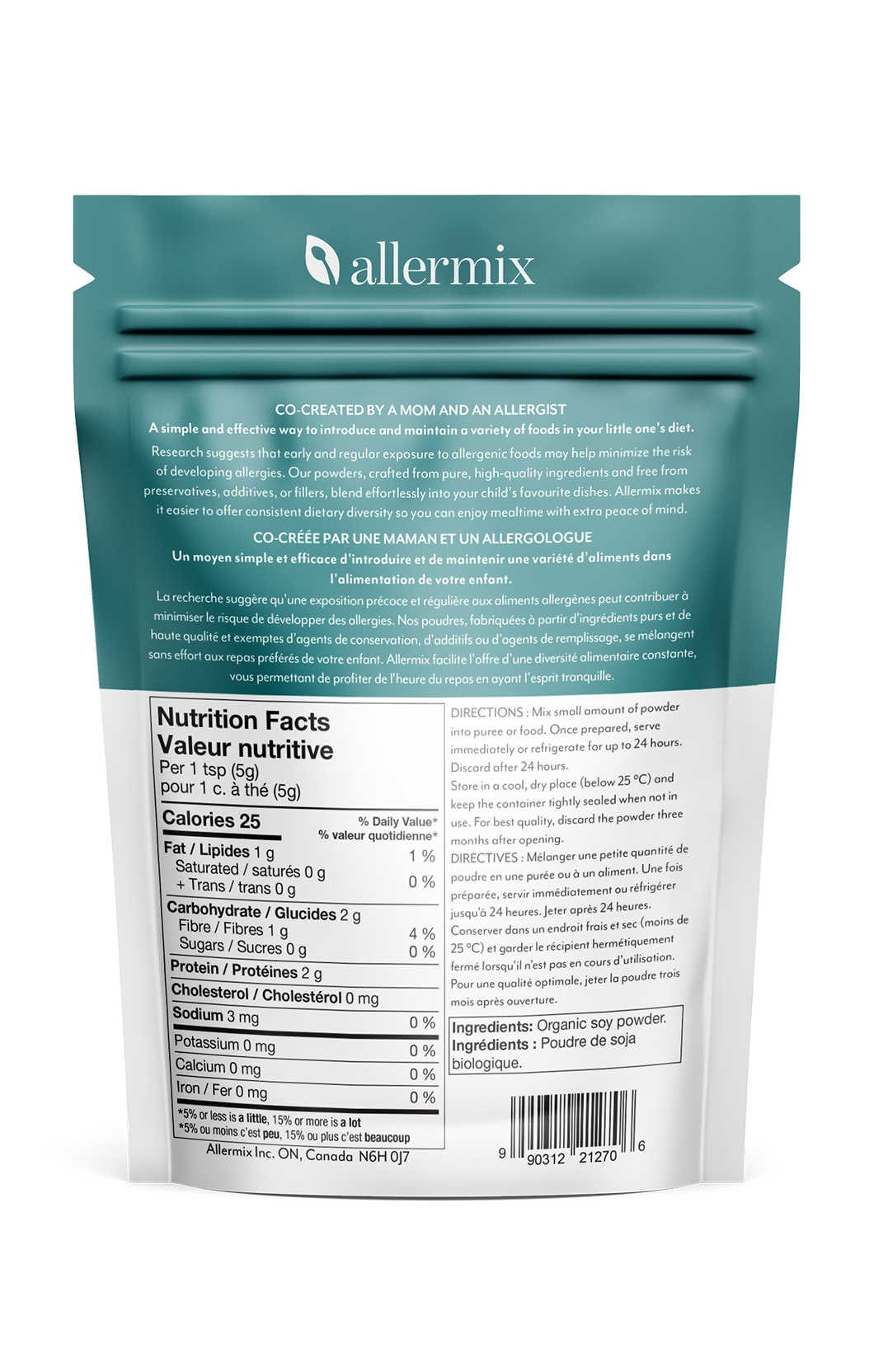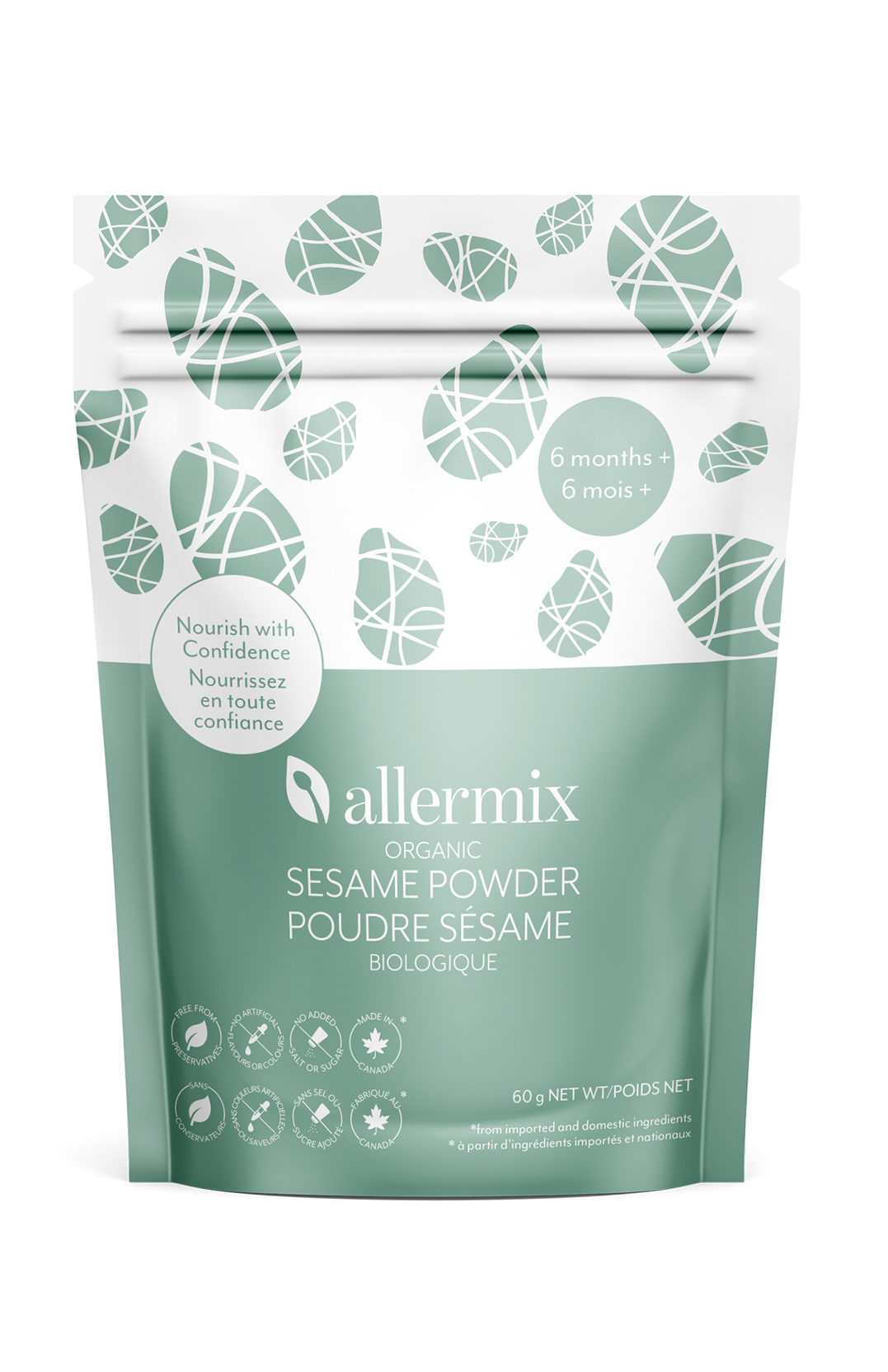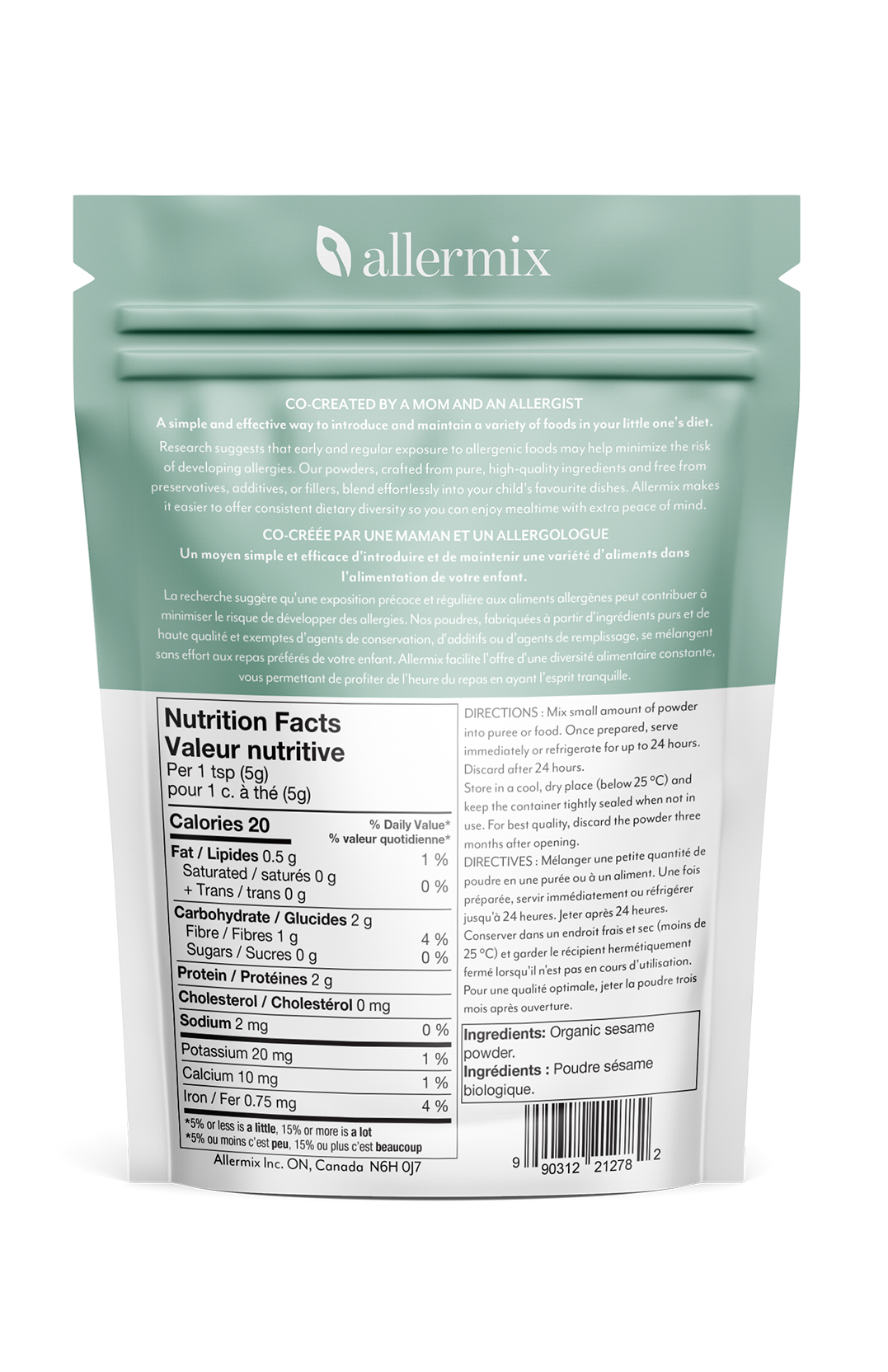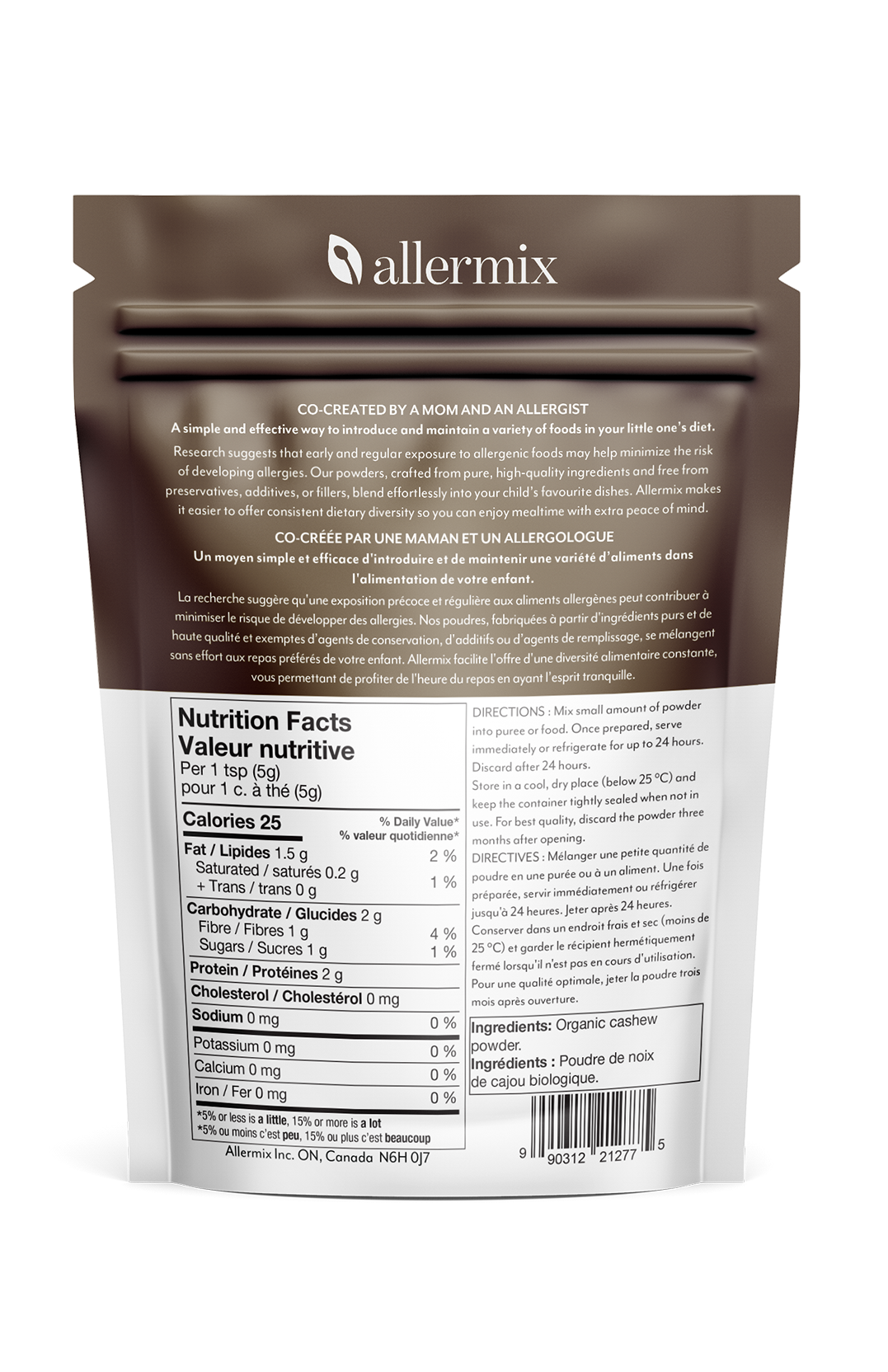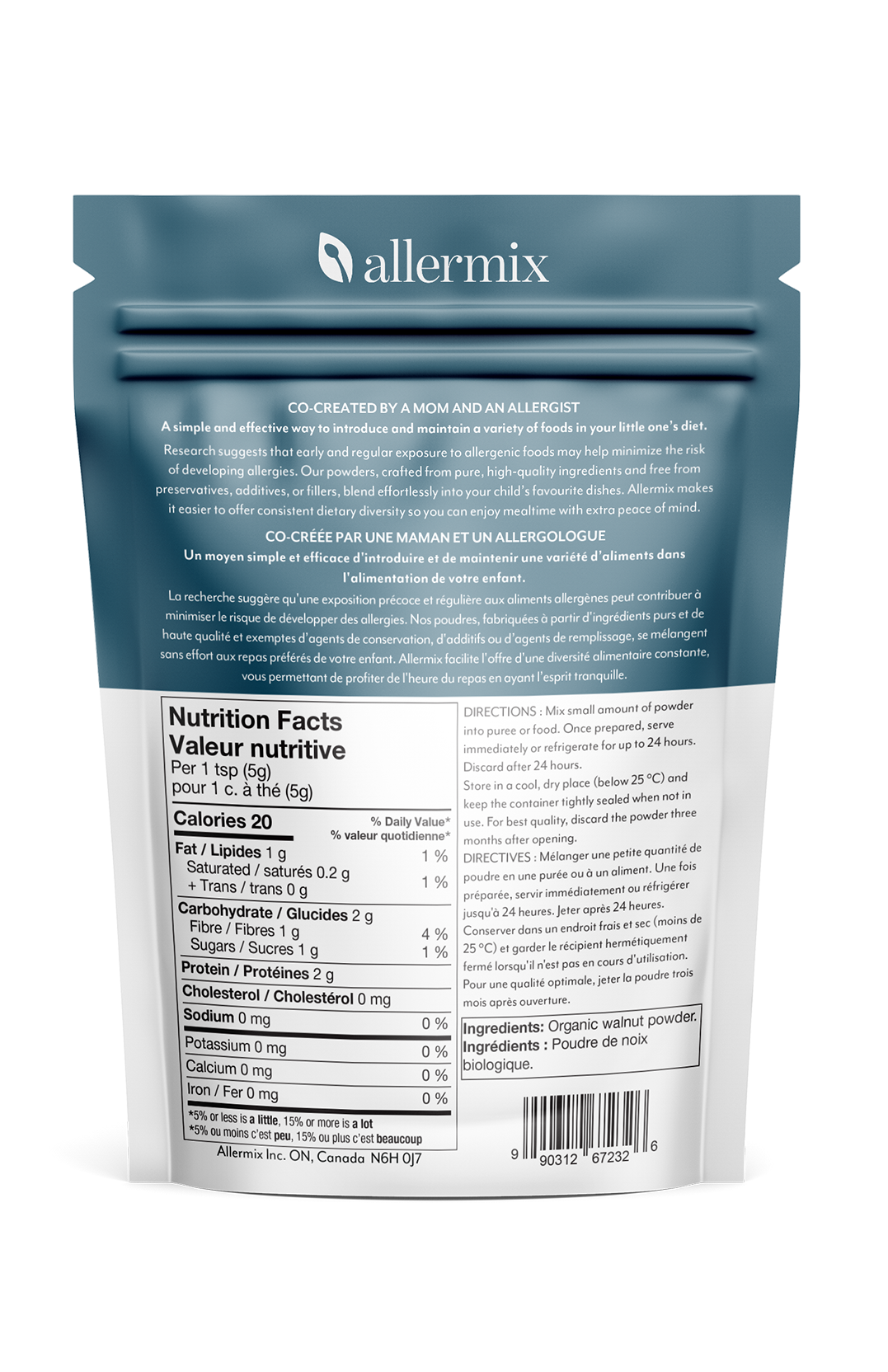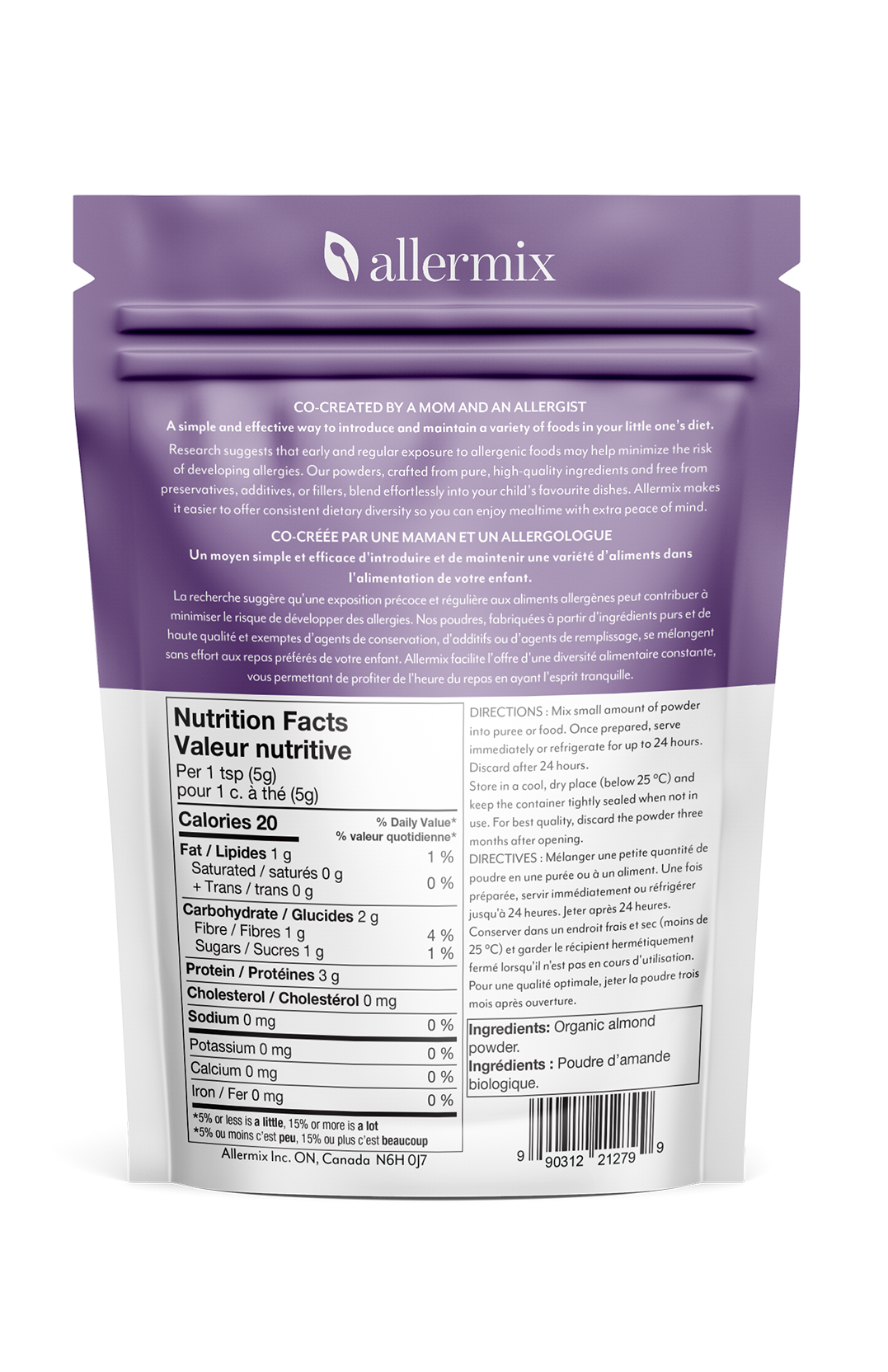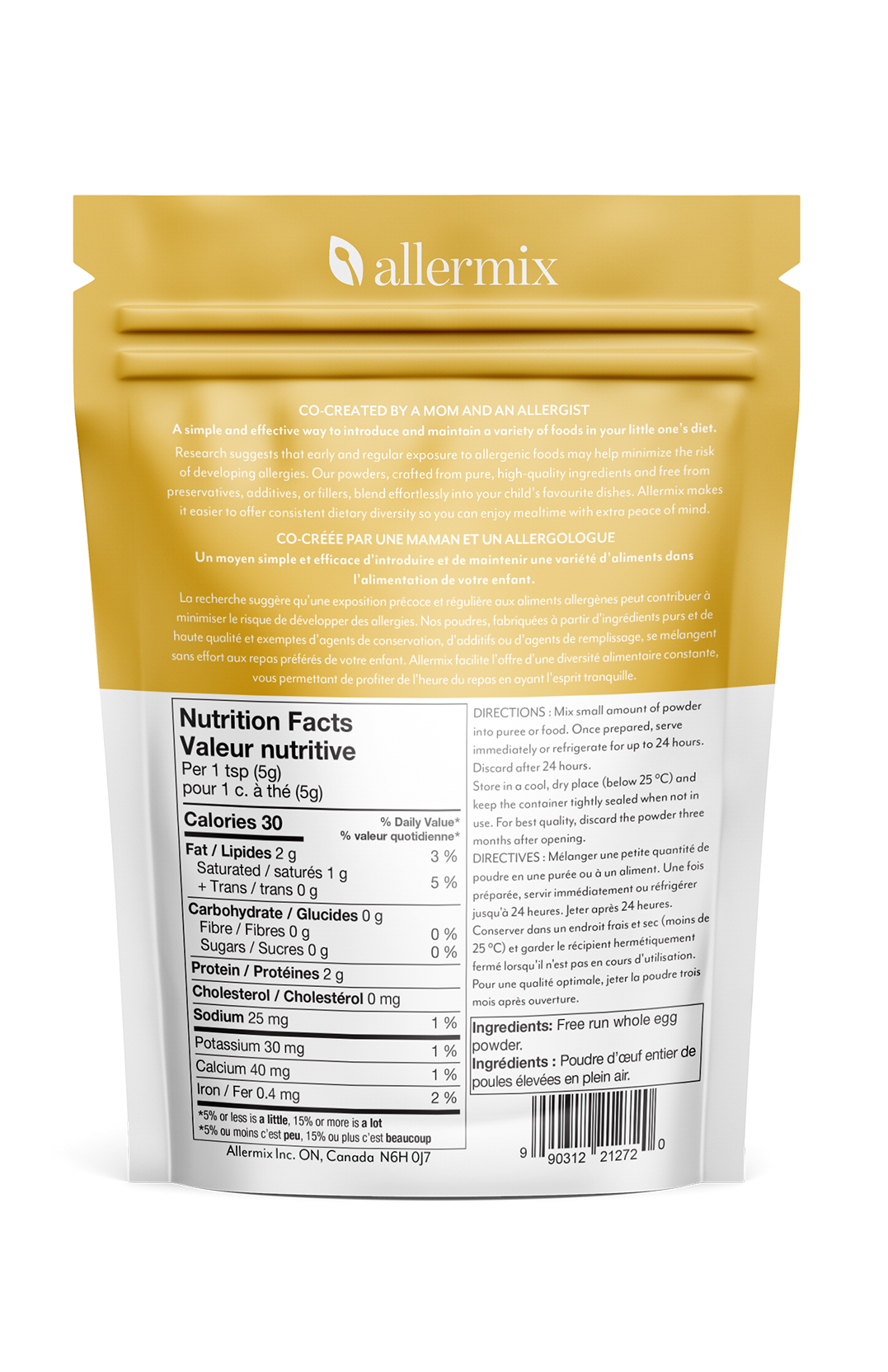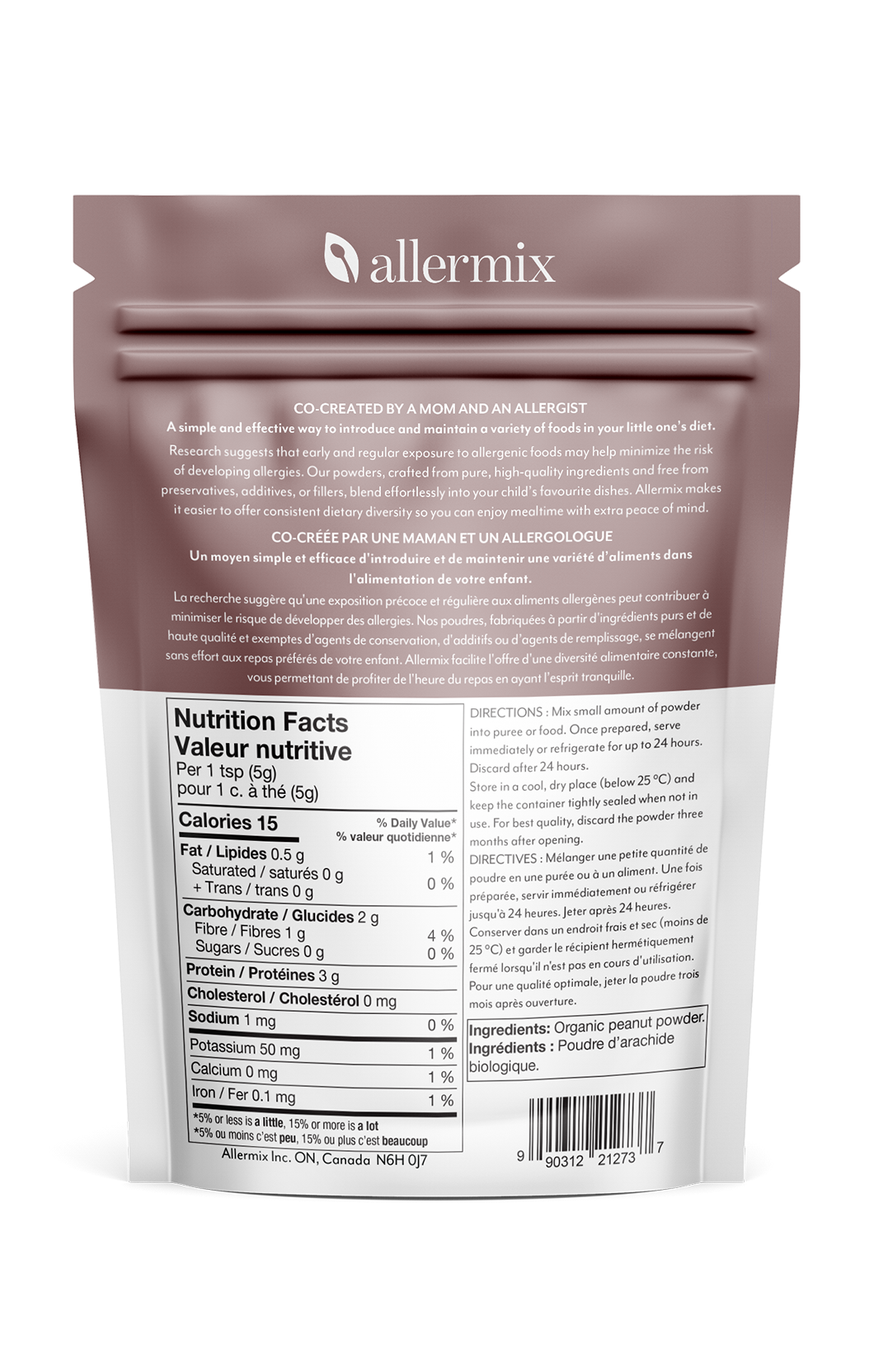
Food Allergy Myths and Facts

Top Food Allergy Myths and Facts: What Every Parent Should Know
Disclaimer: This blog is for educational purposes only and does not replace professional medical advice. Always consult your pediatrician or allergist before introducing allergenic foods or making dietary changes.
Introducing solids and allergenic foods can feel overwhelming with so much conflicting advice. We’re here to clear things up by debunking the Top Food Allergy Myths and Facts every parent should know plus sharing how Allermix can help support safe, guided introduction at home.
Myth 1: You Should Wait Until 1 Year to Introduce Allergens
Fact: Delaying allergenic foods until after age one may actually increase the risk of food allergies. Current guidelines recommend introducing allergens like peanuts and eggs between 4–6 months, especially for high‑risk infants (eczema, egg allergy, family history). Early, controlled exposure to food allergens helps build tolerance.
Myth 2: If I Had a Mild Reaction the First Time, I Will Have a Worse Reaction the Second Time
Fact: A mild initial reaction does not guarantee more severe reactions later. Reactions can vary widely. Some children continue to have mild reactions and some may even outgrown their food allergy. The safest approach is to work with your health care provider or allergist to assess risks.
Myth 3: All Babies Need Allergy Testing Before Trying New Foods
Fact: Routine allergy testing before introducing new foods is not necessary and not recommended for most babies as it can lead to false positives and increase food avoidance. Early introduction at home is safe and beneficial for most.
Myth 4: I Need to Avoid Allergens to Fix My Baby’s Eczema
Fact: Avoiding allergenic foods does not typically improve eczema. Eczema is managed through proper skincare and topical treatments. Avoiding foods unnecessarily can lead to nutritional issues and may increase future allergy risk. Always consult a healthcare provider before making dietary changes.
Myth 5: If My Baby Reacts Once, They Will Always Be Allergic
Fact: A single reaction doesn’t always mean a lifelong allergy. Many children outgrow certain allergies (such as milk and eggs) and not every initial reaction requires lifelong avoidance. An allergist can help confirm a true allergy and guide safe next steps.
Conclusion
Debunking these Top Food Allergy Myths and Facts empowers you to introduce allergens confidently. Remember:
- Start early (4–6 months) rather than waiting.
- Mild reactions don’t always predict severe ones.
- Routine allergy testing isn’t required for most babies.
- Eczema care focuses on skin, not food avoidance.
- One reaction isn’t a lifelong sentence.
Why Parents Love Allermix
Our Allermix introduction kits offer step‑by‑step guidance and pre‑measured doses of allergens (peanut, egg, dairy, soy) designed by a Mom and an allergist to make early introduction easy, simple, and stress‑free. Learn more here.





